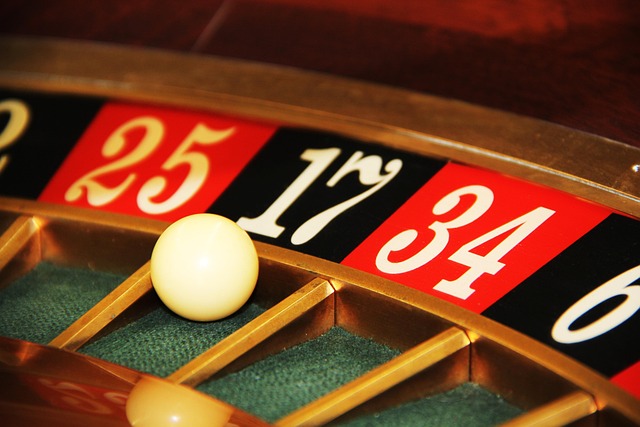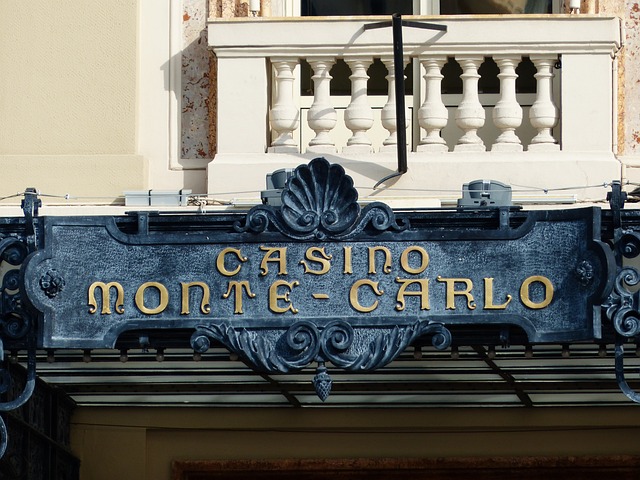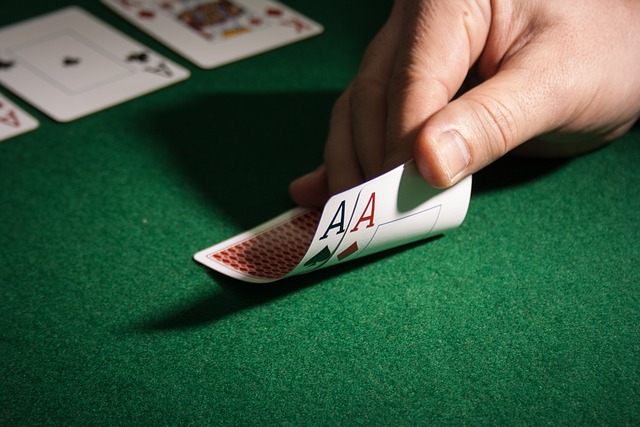In the deep fabric of history, gambling has always had a prominent place. It is a phenomenon that, like a river, has crossed cultures and eras. But when and how were the first rules born? A journey into this world begins with a visit to modern platforms, which embody the essence of current regulations, and takes us back in time, to the roots of gambling laws.
The cradle of the laws: ancient Rome
Ah, ancient Rome! Here we begin. The first gambling laws date back to this glorious empire. They were strict laws, which prohibited gambling, reserving it only for holidays. Yet despite these restrictions, the Romans were known for their passion for gambling, often playing secretly. This dualism between law and social reality has been a hallmark of the approach to gambling throughout history.
Middle Ages: between dice and rigid rules

We sink into the medieval era. Here, dice roll across wooden tables, echoing off the walls of smoky taverns. With their growing popularity, however, also come the shackles of restrictions. The cities of Europe are coming alive with new edicts, aimed at curbing excess gambling. A push and pull between social order and unbridled pleasure. Gambling, once a harmless pastime, now becomes a crossroads of morality and control.
The Age of Enlightenment: When Play Meets Reason
And then, a leap into the era of Enlightenment. It is an era that illuminates the dark corners of gambling with the torch of reason. The laws begin to change, taking on a more logical, almost scientific form. We see the dawn of casinos, elegant institutions supported by well-calibrated regulations. From an underground and frowned upon activity, gambling rises to a symbol of cultural and social refinement.
19th century: the birth of a legal order
The 19th century advances. A period of great transformations, where governments, with a keen eye, see fertile economic ground in gambling. A new legislative vision emerges, more structured, more aware. The foundations of modern gaming laws are laid, a delicate balance between the tightening of control and the free rein of fun.
20th century: the dawn of a modern era in gaming

The 20th century opens, and with it, gambling enters a golden age. Legalization in several nations leads to an explosion of casinos and gaming halls. The rules become more complex, refined, with the establishment of gaming commissions and supervisory authorities. Laws are shaped around social changes, seeking a balance between the protection of players and the flourishing of the gaming industry.
The future: regulations in the digital age
And now, in the digital age, we face unprecedented legislative challenges. The online gaming revolution and the advent of virtual reality call for a radical rethink of regulations. The future of gambling looms as a fascinating intersection between the traditions of the past and the technological vanguards, a melting pot where old rules meet new digital frontiers. In conclusion, the history of gambling laws is a fascinating journey through time and cultures.




